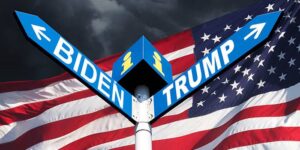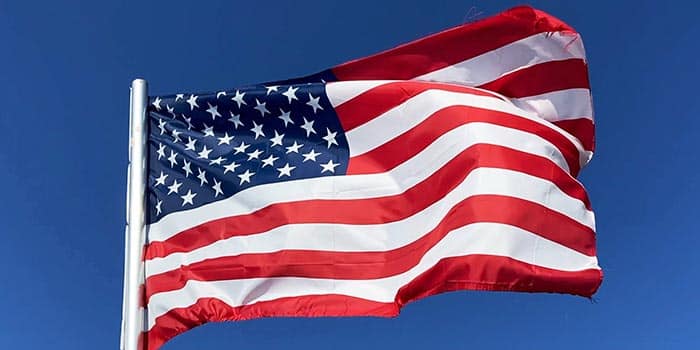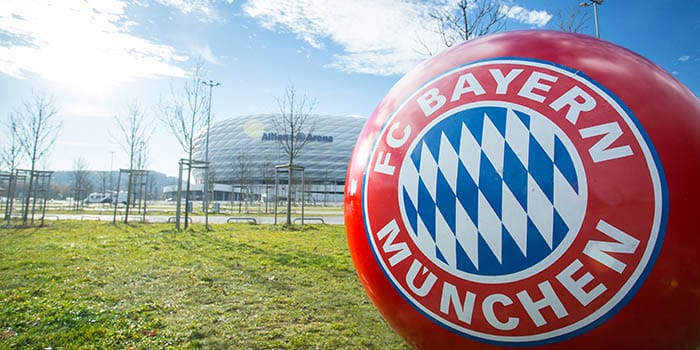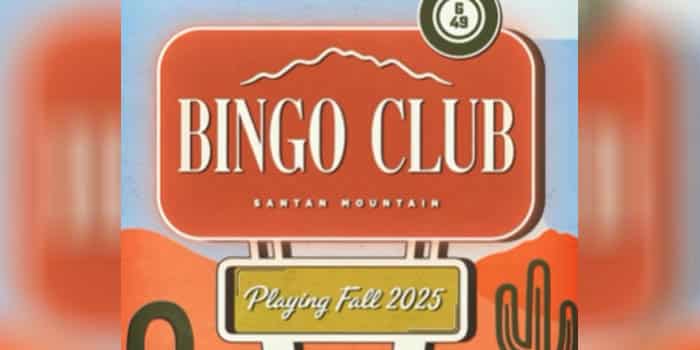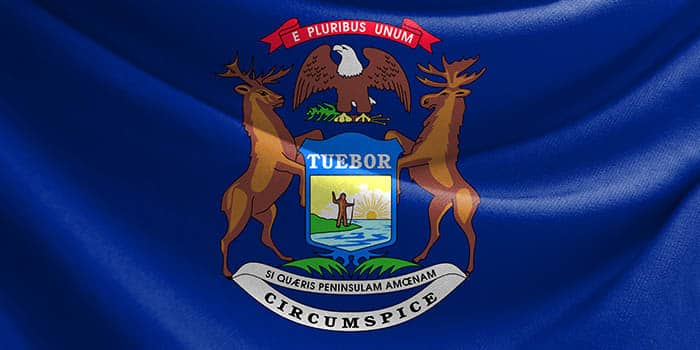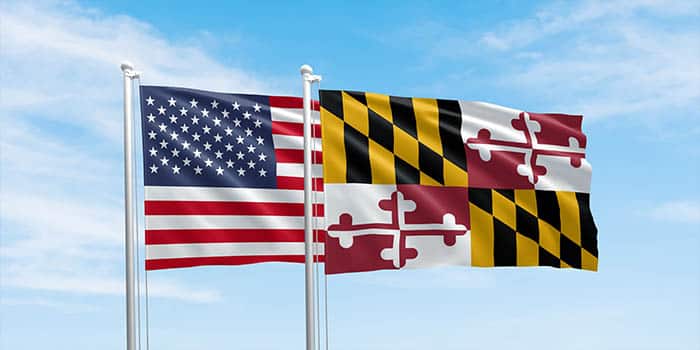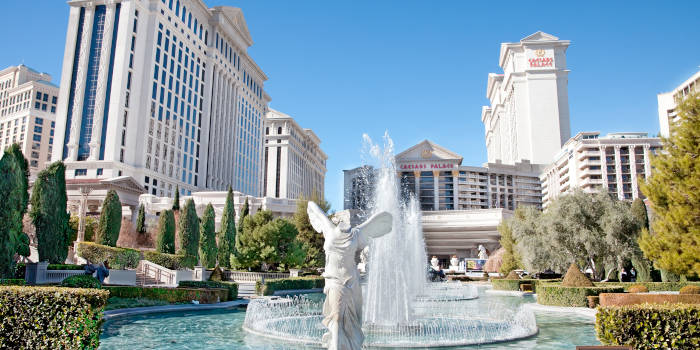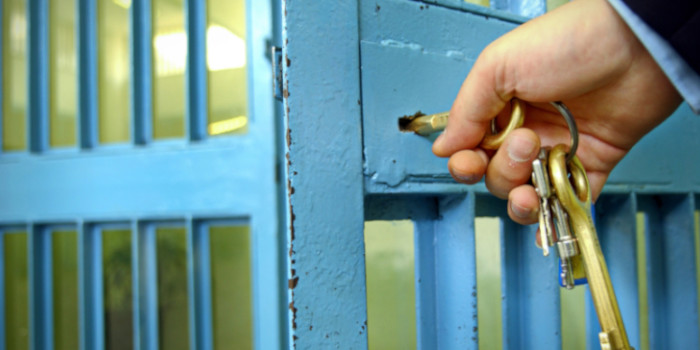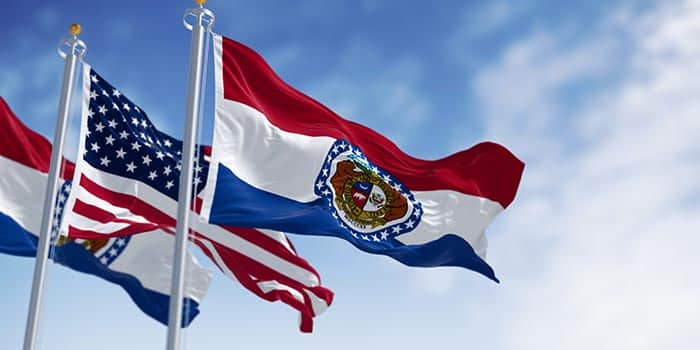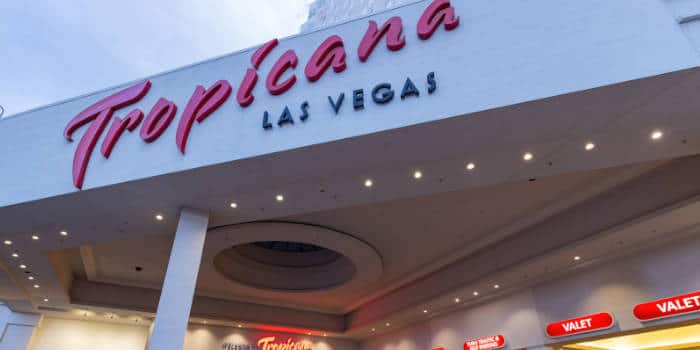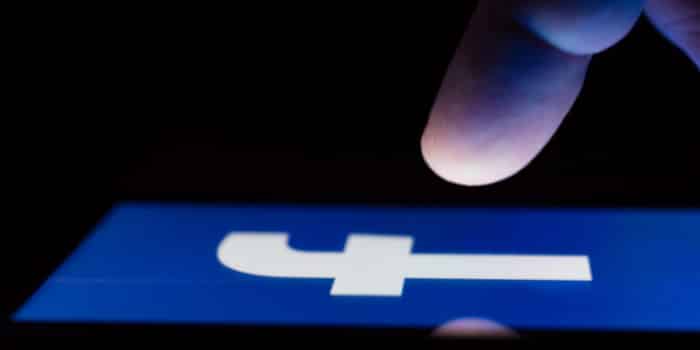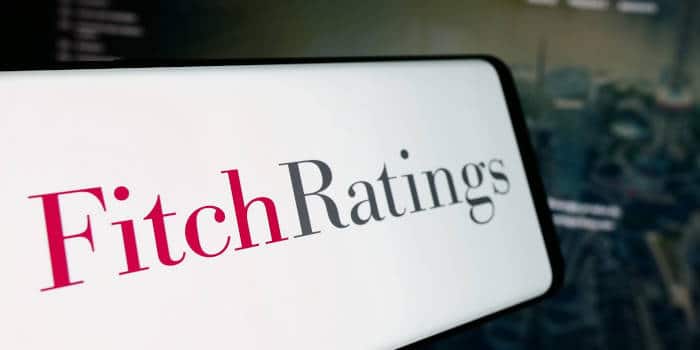- Casino
- By State
- Alabama
- Alaska
- Arizona
- Arkansas
- California
- Colorado
- Connecticut
- Delaware
- Georgia
- Florida
- Hawaii
- Idaho
- Illinois
- Indiana
- Iowa
- Kansas
- Kentucky
- Louisiana
- Maine
- Massachusetts
- Maryland
- Michigan
- Minnesota
- Mississippi
- Missouri
- Montana
- Nebraska
- Nevada
- New Hampshire
- New Jersey
- New Mexico
- New York
- North Carolina
- North Dakota
- Ohio
- Oklahoma
- Oregon
- Pennsylvania
- Rhode Island
- South Carolina
- South Dakota
- Tennessee
- Texas
- Utah
- Vermont
- Virginia
- Washington
- West Virginia
- Wisconsin
- Wyoming
- By State
- Slots
- Poker
- Sports
- Esports
Fact-checked by Velimir Velichkov
UNLV Study: Free-Play Is Not as Effective as It Used to Be
"The data shows that you could do so many other things with that money with minimal-to-no consequence," researcher Lucas said

A new study by a University of Nevada, Las Vegas (UNLV) researcher suggests that free-play gambling incentives may not be as effective as they used to be. According to researcher Anthony Lucas, the effectiveness of such promotions is gradually decreasing among certain players.
Free-play incentives are currently one of the most popular ways to encourage gamblers to visit an operator’s website and play. Such promotions offer players complimentary credits, allowing them to experience a gambling company’s offering before deciding whether to spend or move on.
However, Lucas’ study found that reducing such incentives results in very minor changes in visitation and spending, suggesting that free-play promotions no longer work as intended.
The UNLV researcher’s study is based on data from a tribal casino in the Western United States. At first, the casino offered 400 participants $15 in free-play every week. The next year, however, the casino divided players into four groups, providing each group with a different amount of free-play, ranging from $0 to $15.
As it turns out there was no decline in spend per tip even after the reduction of the free-play incentives. The only noticeable change was a 20% decrease in visitation for the players who received no free-play at all. However, there was barely a change in visitation or spending among those receiving $5, $10 and $15 in free-play.
Companies Should Invest in Other Areas, Lucas Says
According to Lucas, free-play might no longer be as effective or essential. While his study didn’t suggest that free-play is something bad, the researcher was convinced that such promotions no longer achieve their objectives.
Further confirmation could change how casino companies invest in marketing, considering that they currently spend millions on free-play promotions in order to channel players toward their platforms.
Lucas believes that operators should instead redirect their marketing spending toward other key engagement areas, such as customer service and facility enhancements.
The data shows that you could do so many other things with that money with minimal-to-no consequence.
Anthony Lucas
Lucas, for context, boasts some four decades of gaming industry experience and specializes in analyzing casino operations, marketing and finance. His latest research seeks to challenge traditional ideas of how casinos should engage players.
Speaking of the UNLV, a representative recently commented on the growing black market and the danger it poses to the legal gaming industry in the United States.
Must Read
Industry
June 30, 2025
New Zealand Presses On with iGaming Legislation



